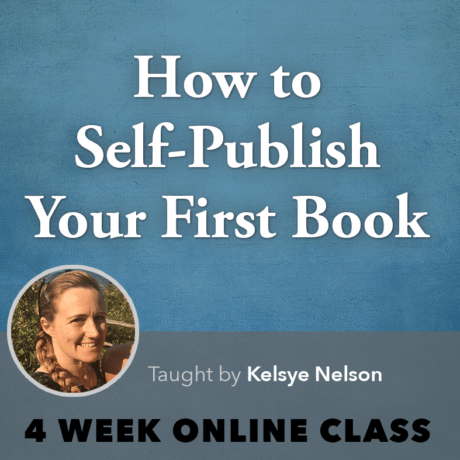

From her self-doubts to her determination to succeed, Jo March teaches us writers some valuable lessons.
Ink-splattered fingers, unintelligible paragraphs, bins overflowing with crumpled-up papers, and plates that lie abandoned in unlikely corners… This is the ideal writer life we have in our imagination. This is the life of Jo March, the heroine of our favourite book, Little Women. This is the life — in some form or other — we are all, as writers, unknowingly living.
The age of crumpled papers and inky fingers is fading. We are in the age of laptops and e-readers and Google Docs. Instead of stacks of half-written poetry, we have folders and folders of abandoned drafts. Instead of misplacing the favourite scenes we scribbled in the dead of night, we forget to save our hastily typed documents.
But has the writer life — the sleepless nights, the blank white spaces that taunt us, the constant self-doubt that plagues every waking moment — has this ever changed, throughout the centuries? Absolutely not.
This is why Jo March is immortal. This is why the lessons we can learn from her are timeless. This is why, more than hundred and fifty years after her character was brought to life, her story — and the stories of her sisters — are still being adapted to the big screen. Over and over again.
So what are the tips we can get from her story?
1. Find inspiration in everything.
We all go through writing slumps — sometimes for weeks at a time — and that’s okay. Sometimes we have to force ourselves to get out of bed to finish that one article that will not even take us a half hour.
The trick is to write when the inspiration strikes you, instead of forcing yourself to do it. And does inspiration strike like a lightning bolt, or like divine intervention, when you least expect it? No, it does not. Inspiration will find you only when you look for it.
Jo March found inspiration in everything. From the smallest joys of her life to the greatest disappointments, it was a story worth telling. The plays she acted for the village kids with her sisters, the visits to the Hummels, the little adventures with Laurie, the pain of cutting her long hair — everything was worth writing.
Romanticise every little detail of your life — that cup of coffee at 2 A.M., that mild nosebleed you freaked out over, that time you nearly got head-butted by a cow— and you will find inspiration. Write about what matters to you first… and then you will be able to write what your boss needs you to.
2. It’s okay to write crappy stories.
If you still have those cringey stories from when you were young, well done! As embarrassing as they appear to us now, they are also what helped us discover our passions. No story is worthless, because every story has taught us something along the way.
Jo built her writing career by selling sensational thrillers — with no morals whatsoever — to newspapers, to find herself a source of income. While these weren’t the best of stories, they helped her find her footing as a writer.
It’s the practice, and the experience, that matter.
3. Don’t be deterred by rejection.
“Never stop dreaming.” We’ve heard different variations of this all our lives. It’s generic and overused; one of those mindless sayings that are easier said than done.
We can add a little more context to it, though, using Jo’s life as an example. She poured out her heart to the stories she wrote, only to be faced with rejection.Over and over again. But did she stop?
She’s come close to it, yes. She has despaired, she has cried, she has given up… almost. But, in the end, she always came back to what she loved best. Writing. She would rewrite her stories, edit them, and send them to other publishers with renewed hope. That is why she became successful: she never gave up on her dreams.
4. Be open to constructive criticism.
Criticism is important if we are to grow as writers. But make sure you only listen to the people who matter. Don’t listen to random internet people whose only purpose in life is to discourage you. As the famous saying goes, don’t take criticism from someone you wouldn’t take advice from.
In Greta Gerwig’s 2019 movie adaptation of Little Women, Jo loses her temper completely when Professor Bhaer tells her that he does not like her sensational stories. But later she realises that he did so because he truly believed in her skills, and knew she was capable of producing something much more remarkable.
So, while constructive criticism might be a little hard to digest, we need it as writers. Find yourself someone who will give you honest feedback, and wants you to succeed in life.
Today’s children, too, grow up reading about Jo’s adventures and misfortunes. Her story has survived more than a century, and will survive for many centuries to come, because she teaches us some lessons that transcend the realms of time.







0 responses on "Writing Tips from Jo March"